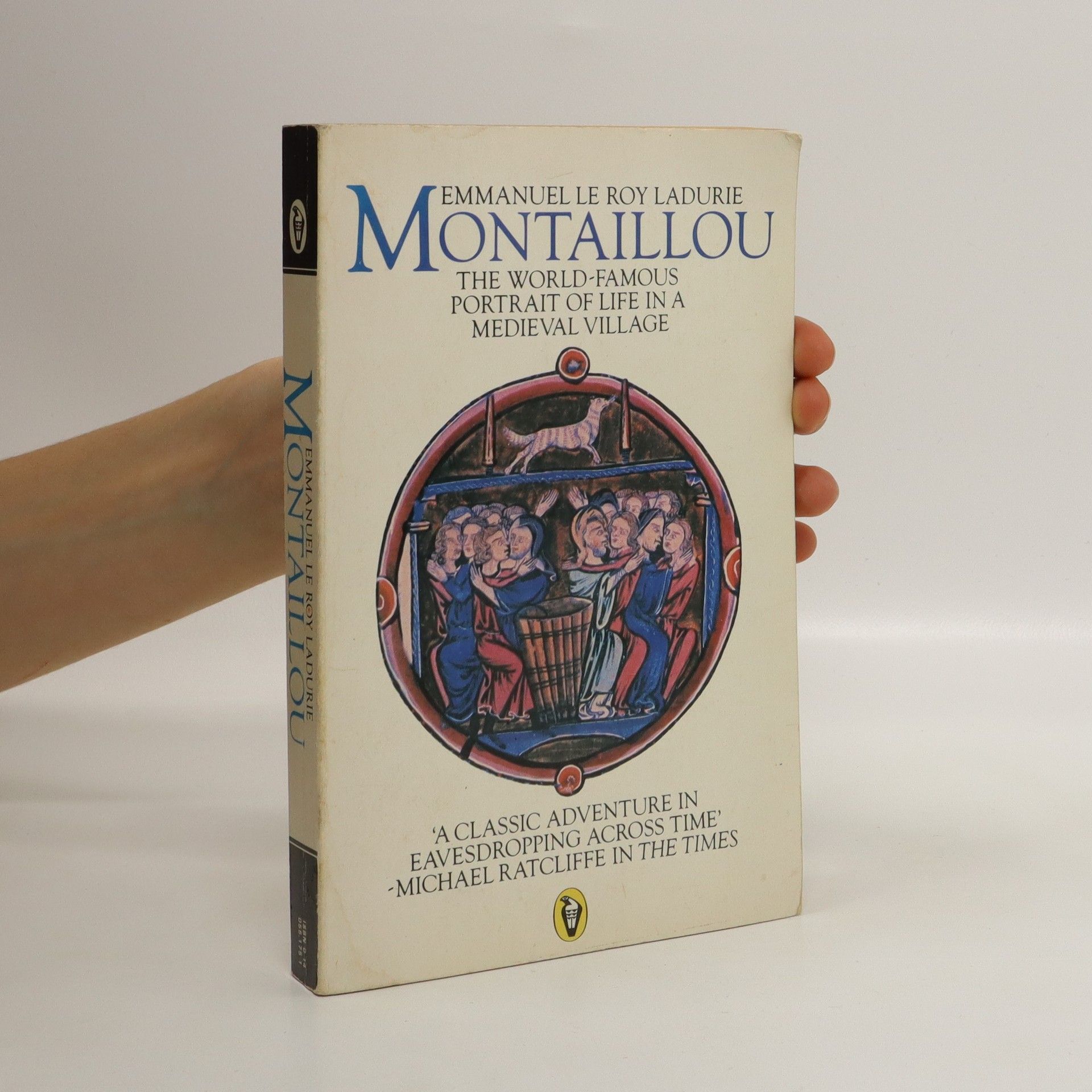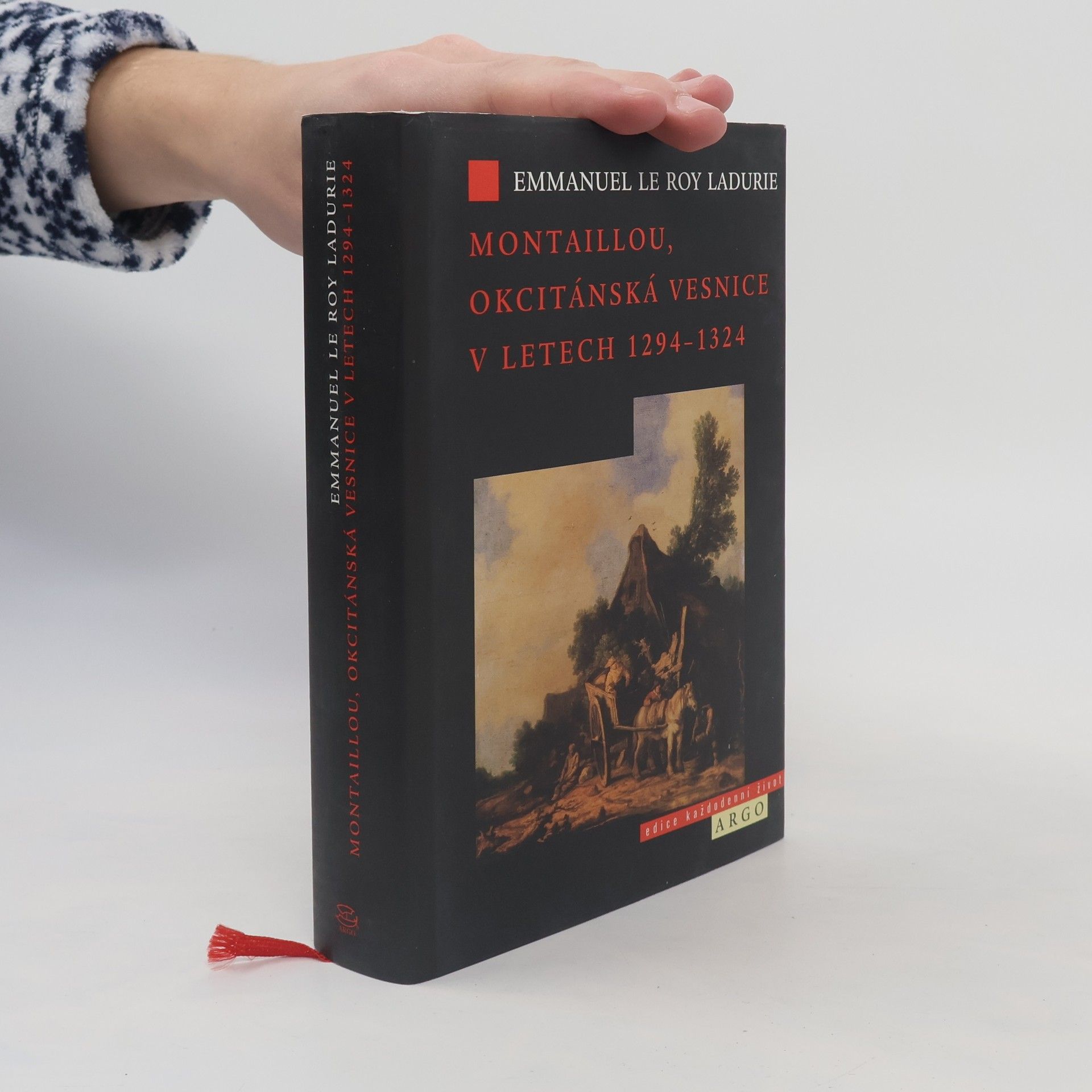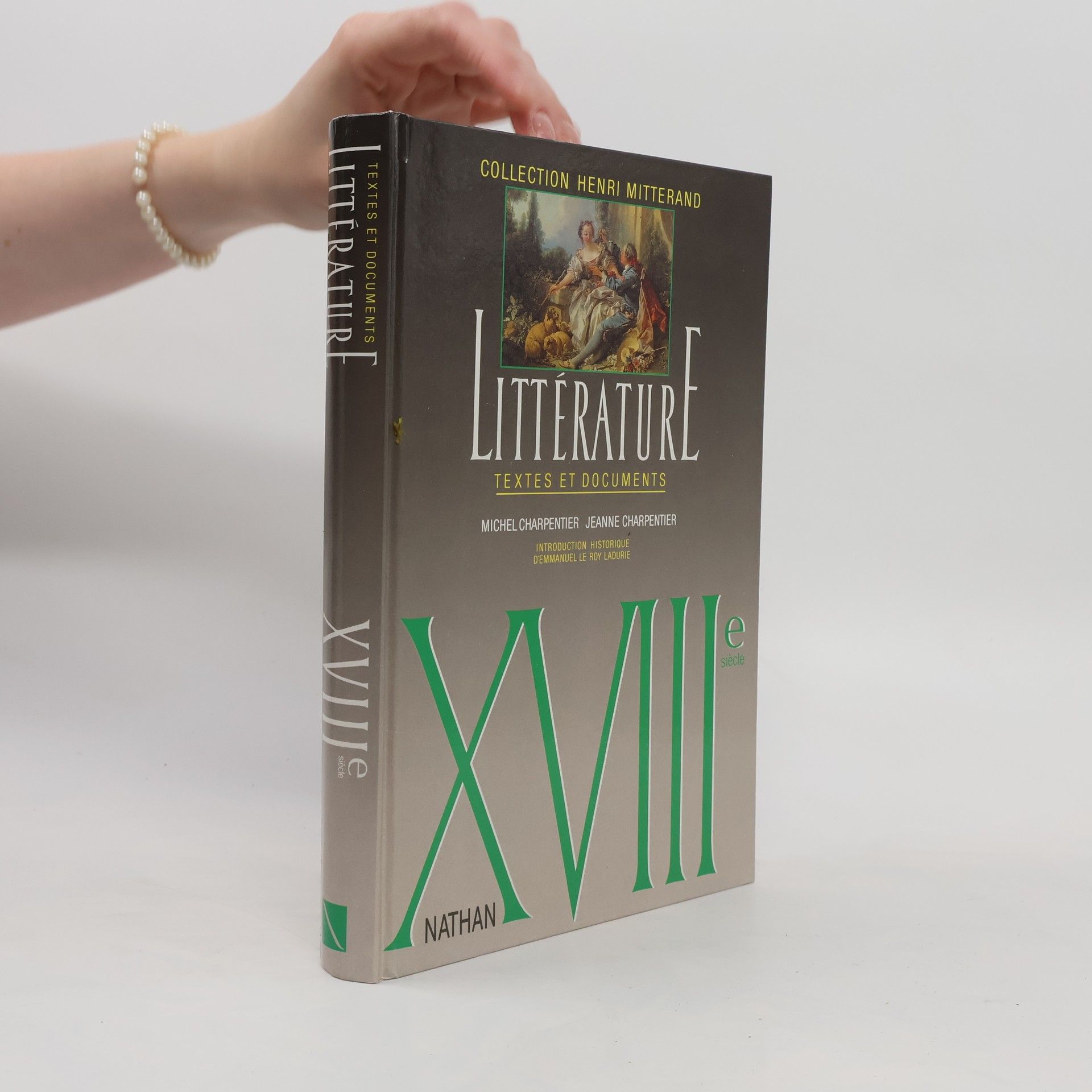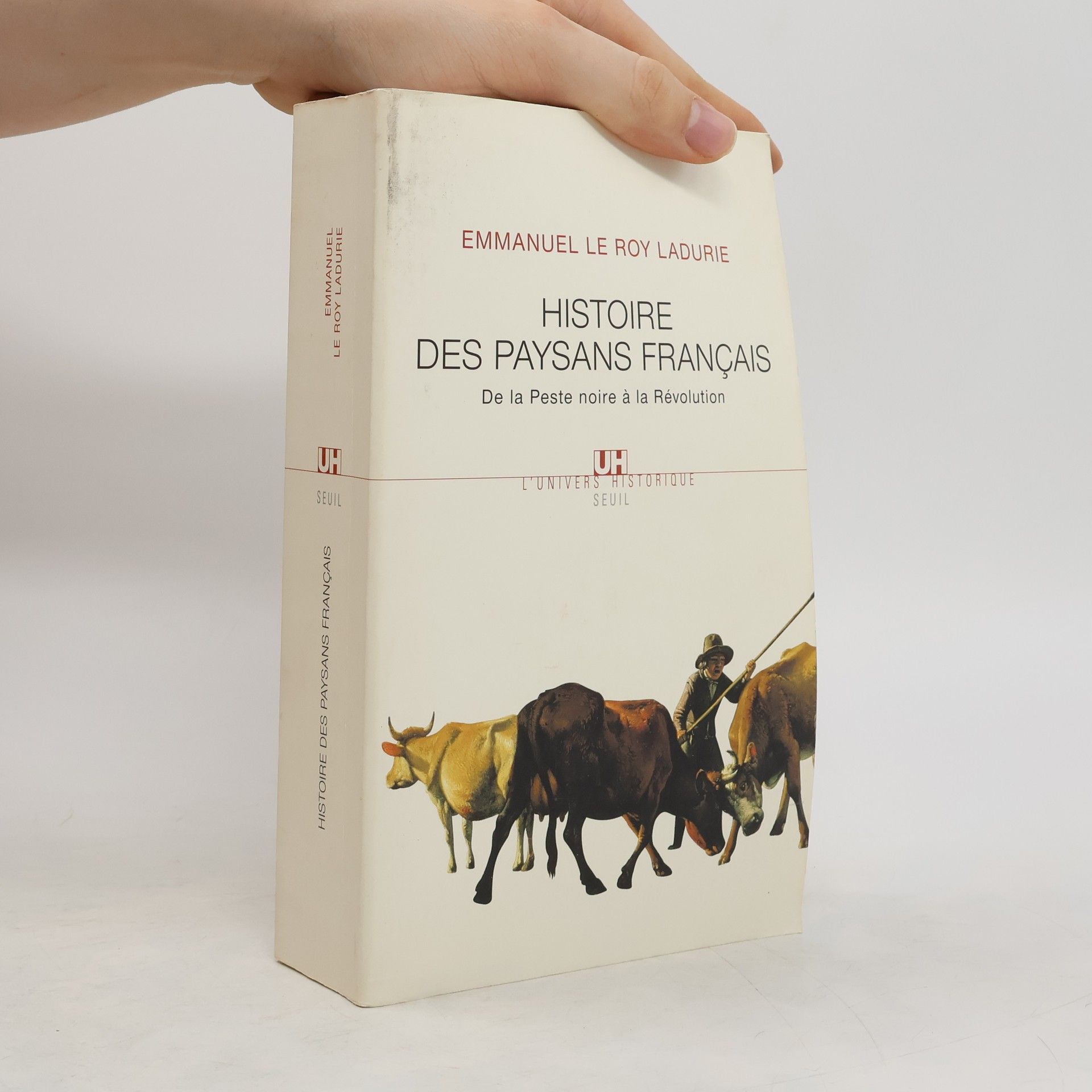Masopust v Romansu
- 434 stránok
- 16 hodin čítania
Kniha jednoho z předních francouzských historiků, jenž se proslavil svou vynikající prací o dějinách každodenního života katarské vesnice Montaillou na přelomu 13. a 14. století. V Masopustu v Romans Ladurie barvitě vykreslil obraz slavností, her, volného času a divokých renesančních zábav. Na pozadí karnevalů na francouzsko–italském pomezí Ladurie jedinečně zachytil městskou a venkovskou každodennost a mentalitu konce 16. století.








